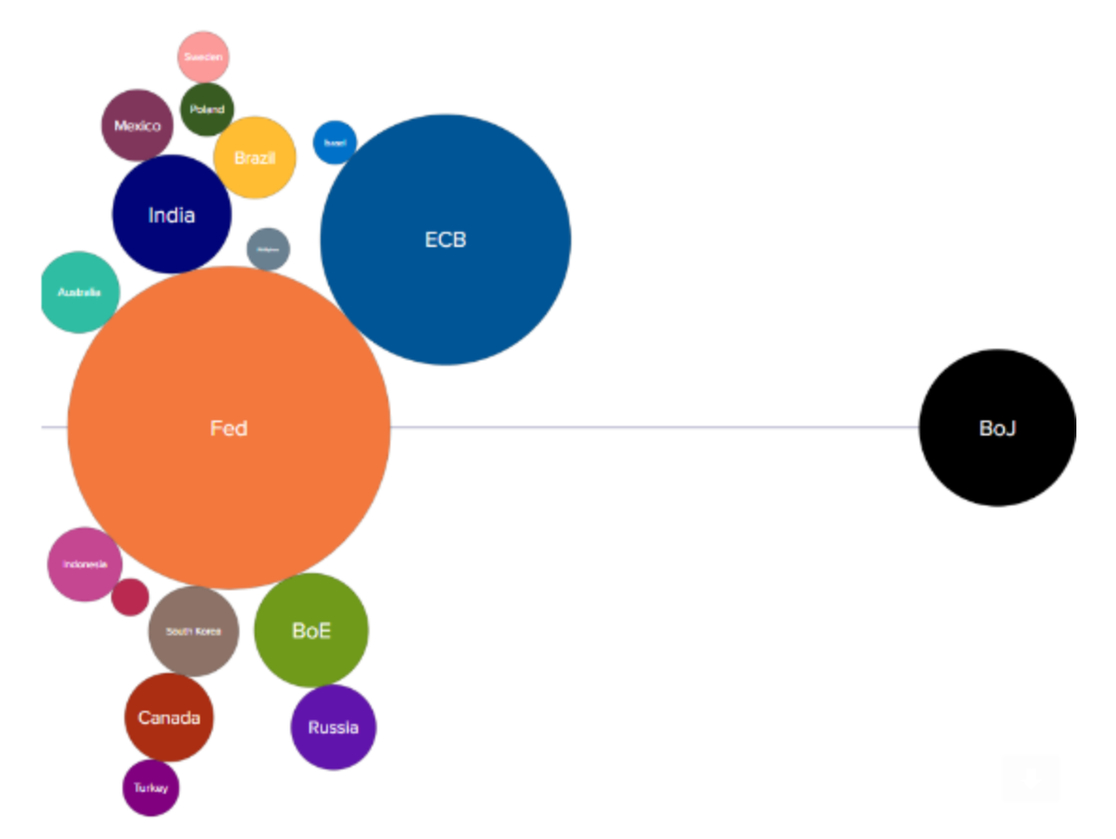| As the year comes to an end, investors find themselves in a similar position to where they were when it started: Watching a feverishly hot stock market hitting new highs and wondering if the rally is too good to be true. State of play: While stock traders remain confident the Fed will continue to provide unprecedented monetary policy stimulus, the market may need President-elect Joe Biden and a potentially divided Congress to deliver large fiscal spending packages to keep the rally alive. Why it matters: With the government on the verge of another shutdown despite worsening news on the labor market in recent weeks, getting fiscal stimulus delivered consistently in the coming years may be a greater challenge than the market is pricing. What we're hearing: "The Fed does have our back but the Fed cannot do it alone," Jurrien Timmer, director of global macro at Fidelity, told me on the latest edition of the Market Banter podcast (now with video!). - "When you have a lot of debt and you have slow growth, you already have zero interest rates, you really are running out of ammo and you really do need that fiscal linkage to make that picture more complete."
Between the lines: COVID-19 is increasingly threatening the economy as major metropolitan areas like New York again are considering shutdowns of nonessential business. - For policymakers at all levels, "Our timing, our calendar is driven by the virus and the speed at which we achieve mass vaccination," former European Central Bank president Mario Draghi told Axios during a meeting on Friday.
Yet stock market investors remain resolutely positive. The expectation that stocks will rise and risk assets will rally "is extremely consensus for the next 12 months," notes Jim Reid, strategist at Deutsche Bank Research, in a note to clients. - "It's fair to say that in the 25 years I've been doing this I can't remember a time when so few (if any) disputed the central narrative."
One level deeper: Bank of America's December Global Fund Manager Survey showed optimism in "risk-on" assets (equities and commodities) has seen a significant increase to a net 69% of investors, the highest since February 2011, and that a net percentage of investors are underweight cash for the first time since May 2013. Don't sleep: "In March we had the combined fiscal and monetary response, I call it the fiscal-monetary cocktail," Fidelity's Timmer said during the podcast. - "We haven't seen that cocktail very often in the history of this country. You have to go back to the 1940s when the U.S. was joining World War II to get that."
| 






No comments:
Post a Comment